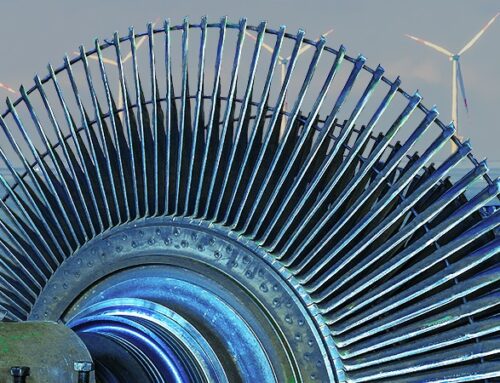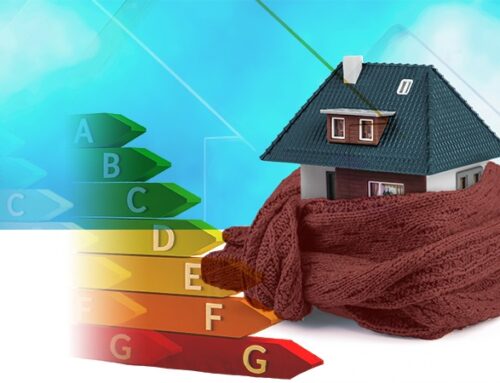Today Ofgem has announced it is taking action against a number of challenger suppliers that have failed to make scheduled payments under the Renewables Obligation scheme. Suppliers had until 31 October to pay outstanding sums into the late payment fund however, a shortfall of £58.6 million remains. Suppliers who have not met their obligations in full are now in breach of the Renewables Obligation Orders.
Ofgem has launched investigations into Economy Energy and Spark Energy over their non-payment and will seek to ensure the outstanding amounts are paid. It has also given notice that it requires two other non-compliant suppliers – URE Energy and Eversmart – to deliver all outstanding payments by 31 March 2019 through monthly instalments. If they fail to do so, Ofgem is ready to issue a final order to require full payment.
Separately, there is a shortfall of £4.2 million into the Feed-in Tariffs scheme. Shortfalls in these schemes trigger mutualisation whereby suppliers that have complied with their obligations will be required to pay more to make up the shortfall.
A difficult winter ahead for new entrant suppliers?
A total of 34 suppliers failed to make the initial payment deadline for the Renewables Obligation scheme, representing almost half of all of all suppliers in the market, leading to an initial shortfall of £102.9 million, of which less than half was paid by the late payment deadline of 31 October. This suggests widespread difficulties in the sector, and it is unclear how much of the outstanding amount is due to the four suppliers against whom Ofgem is now taking action.
Those suppliers that struggled to make the initial payment now face the added hardship of having to pay further amounts under the mutualisation of the remaining shortfall. It’s not inconceivable that some will be unable to do this, leading to further closures and a multi-stage mutualisation process. Some suppliers may simply refuse to pay for the mistakes or mismanagement of their competitors.
There is growing speculation in the markets that several small suppliers are in financial difficulties, with some suggestions that as many as one in ten may struggle to survive the winter when higher wholesale prices can expose inefficient risk management approaches. The strain of this can be seen in recent price rises, with even well-resourced challenger suppliers implementing double-digit price rises.
“Smaller players are implicitly speculating on wholesale prices, selling fixed-price tariffs and hoping that when they deliver their energy, spot pricing levels will allow them to make a profit,”
– Gary Huish, director at Energy Potential
UPDATE: In the hour since I published this post, Ofgem announced that Extra Energy has ceased trading. The company had 108,000 domestic and 21,000 business customers.
Ofgem launches consultation in new licencing rules for suppliers
In response to concerns over the recent closures of small suppliers, Ofgem is proposing new rules for new entrants, requiring them to demonstrate the have the resources to operate for at least a year before being granted a licence. Financial difficulty and poor customer service are often related – suppliers that set their tariffs very low to gain market share may not be taking into account their full operational costs meaning they are poorly prepared for sudden customer growth, leading to poor customer service and potential non-compliance with licence conditions such as the payment of environmental levies.

“We consider that an applicant should be able to demonstrate that they plan to enter the market with – amongst other things – an understanding of the costs and risks involved, adequate operational and financial resources to manage these, and a plan to comply with their customer-service related obligations,”
– Ofgem
The consultation is seeking views on three areas:
- Conditions for entering the market – strengthening the approach to granting a licence to increase confidence that new suppliers can meet expected customer service standards. Additional requirements relating to the financial health of a prospective supplier.
- Ongoing requirements, monitoring and engagement – introduction of additional ongoing requirements to give assurance in respect of a supplier’s financial resilience and to ensure Ofgem is better prepared for a Supplier of Last Resort (“SoLR”) event where necessary.
- Arrangements for managing supplier failure and market exit – options to reduce the exposure of consumers and other suppliers to the costs of failures, including new rules or restrictions on how suppliers hold and use customer credit balances. Review SoLR processes and revocation powers to ensure a new supplier is appointed effectively and quickly when a supplier fails, and review whether additional tools are needed to manage orderly market exit in other exceptional cases.
At this stage Ofgem is proposing to meet these objectives primarily through qualitative analysis rather than requiring detailed financial reporting from suppliers as some of the alternatives could be highly resource intensive for both Ofgem and the suppliers.
It is likely that suppliers would also prefer this approach, but it may not be sufficient to reduce the instance of supplier failure. The question is whether the cost of supplier failure would justify the costs of significantly increasing regulatory oversight of this nature.
“Today’s proposals would significantly tighten the rules on firms that want to enter the energy supply market. For too long, firms that are unprepared, financially unsustainable or both have been able get a license and start operating as a supplier….everyone pays the price, through their bills, when weak suppliers fail. The collapse of GB Energy cost consumers £14 million in total,”
– Gillian Guy, chief executive of Citizens Advice
Ultimately, Ofgem is right to act. Many consumers see a significant portion of household income go on energy costs, and supplier failures cause uncertainty and stress as well as potential financial difficulties, particularly when they hold credit balances with their supplier. The growth in challenger suppliers is seen as a regulatory success, and failures happen in properly functioning markets, however, care is needed to ensure failure rates are not disproportionate, or cause unacceptable costs for consumers.
However, energy supply is a low margin business where small suppliers struggle to implement effective risk management strategies even where they understand what those might be (which is not always the case) due to lack of trading capacity. Alongside measures to ensure resource adequacy, Ofgem should look again at market access for small suppliers and find new ways to manage their wholesale price risks.







Leave A Comment